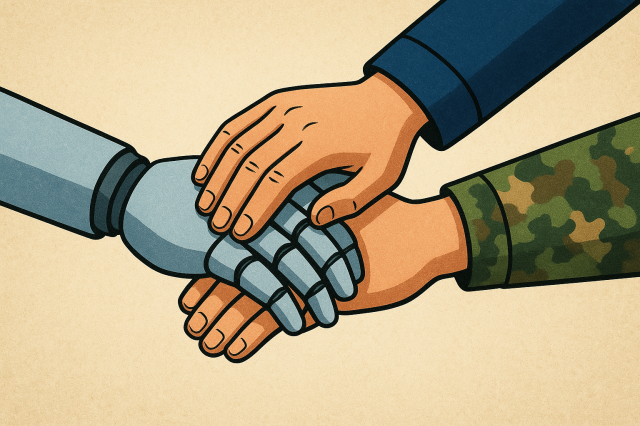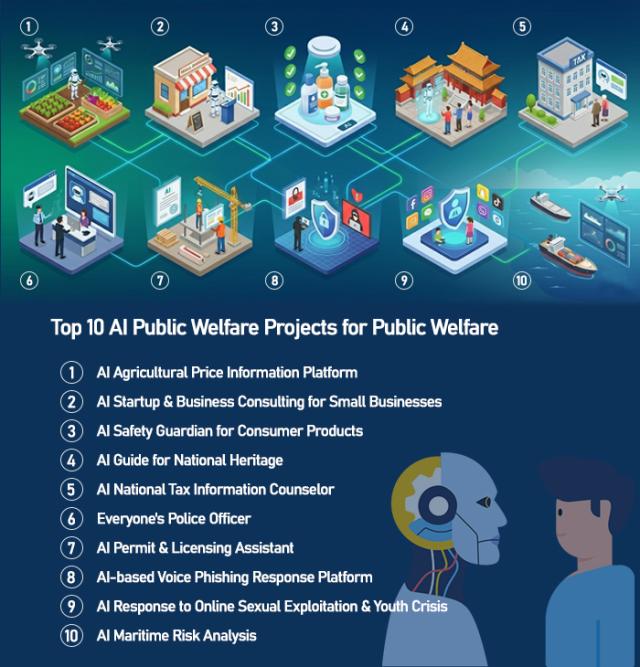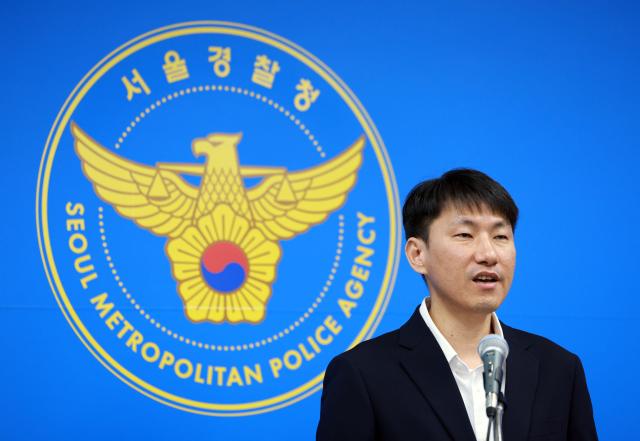
Police authorities are increasingly integrating AI into forensics, cold-case investigations and public-safety surveillance, while the Defense Ministry is building a large-scale AI data center equipped with up to 50,000 GPUs to support next-generation defense capabilities.
AI arrives as a timely tool amid the rise of complex digital crimes — from last year's deepfake pornography crisis to intensifying crypto-scam networks.
The National Police Agency rolled out its generative AI-powered investigation support system, KICS-AI, to police stations nationwide on Nov. 17. Built on LG's Exaone model, the platform is integrated with the police's internal criminal-justice information system.
Roughly 36,000 investigators can now use the AI tool to summarize witness statements, analyze evidence and draft search-warrant applications. Drawing on internal crime data, the system helps investigators retrieve case-relevant precedents without relying on external services. Plans are underway to extend AI assistance to arrest and detention-warrant applications.
The police agency also announced Sunday that it will establish a permanent AI division under the Future Policing Policy Bureau by year-end, consolidating AI-related staff scattered across multiple departments. The new unit will oversee AI deployment strategies, ethical standards and training programs.
In addition, the agency is developing a 10 billion won ($6.78 million) AI chatbot service called "Everyone's Police Officer" to handle public inquiries around the clock. Once fully operational in 2028, police expect the service to raise the ratio of complaints processed within five days from 69 percent to 85 percent.

AI is already proving its worth in cracking long-dormant cases. Police recently credited advanced DNA microanalysis for solving the Sinjeong-dong serial murder case after two decades — a breakthrough that has renewed hopes for nearly 500,000 cold cases that have remained unresolved for more than 20 years.
"Police are likely to adopt AI even further, as modern security is based on statistics. AI could provide faster and more accurate predictions on cases," said Lee Yun-ho, professor emeritus of police and criminal justice at Dongguk University.
"For instance, AI could quickly analyze crime patterns by region, time and victim profile, allowing police to be deployed more strategically for enhanced public safety."

The ministry aims to drive AI transformation across all operations — from unmanned autonomous systems to administrative support. Seven pilot projects are under way, including an "AI combat adviser" that analyzes battlefield information in real time to support decisions on fighter-jet deployment and missile launches.
"Safety nowadays comes through advanced technology and specialization. It's not the number of enforcers that counts anymore — we need specially trained forces and the right technology to stay ahead," Lee said.
Copyright ⓒ Aju Press All rights reserved.




